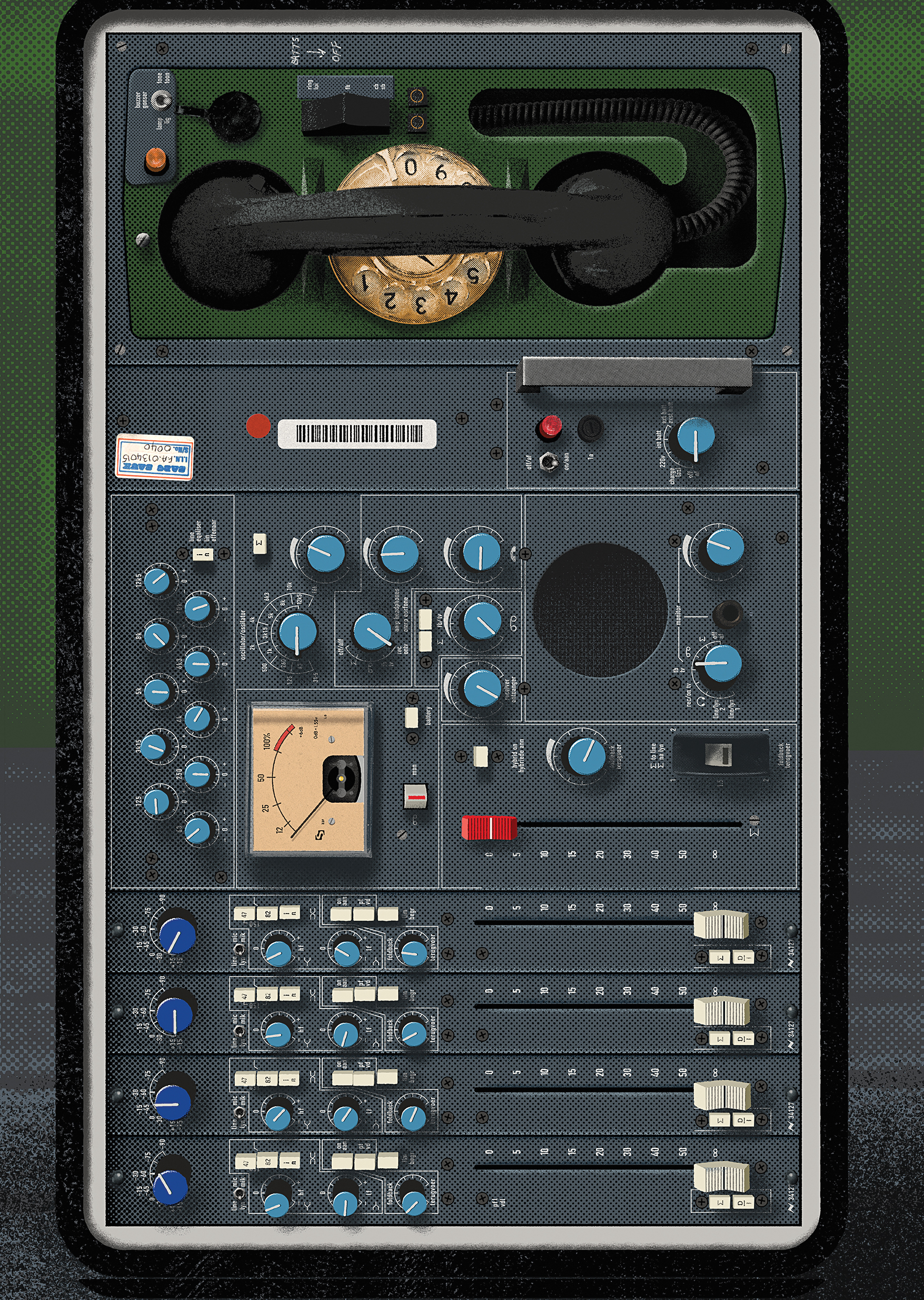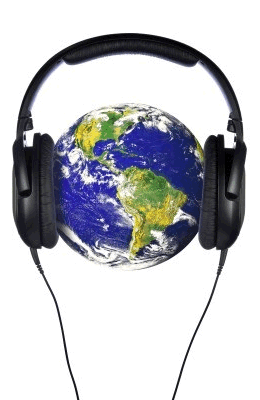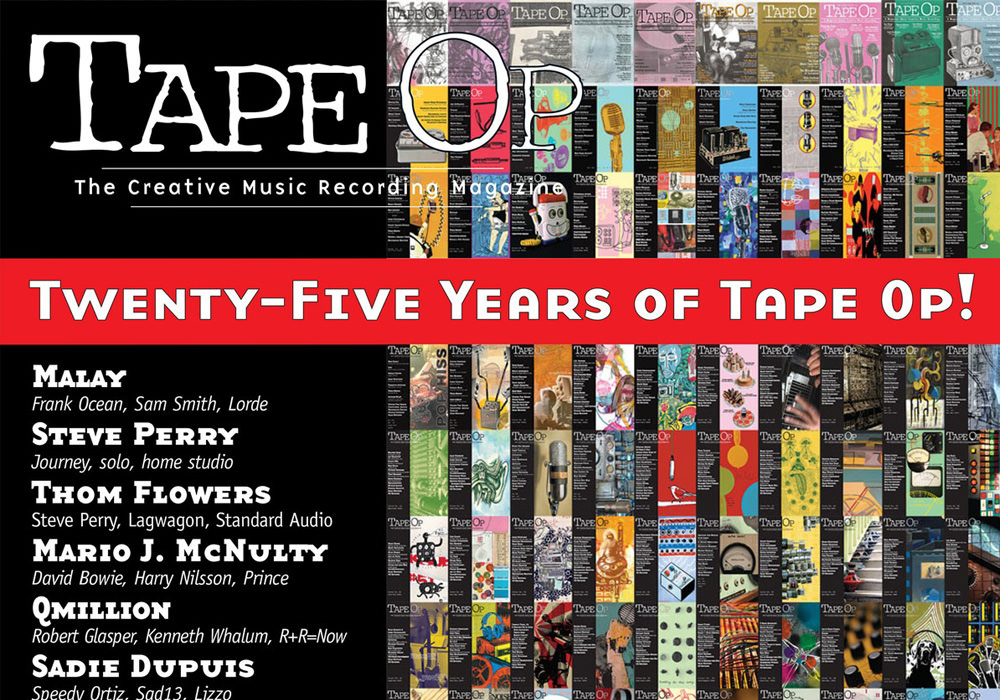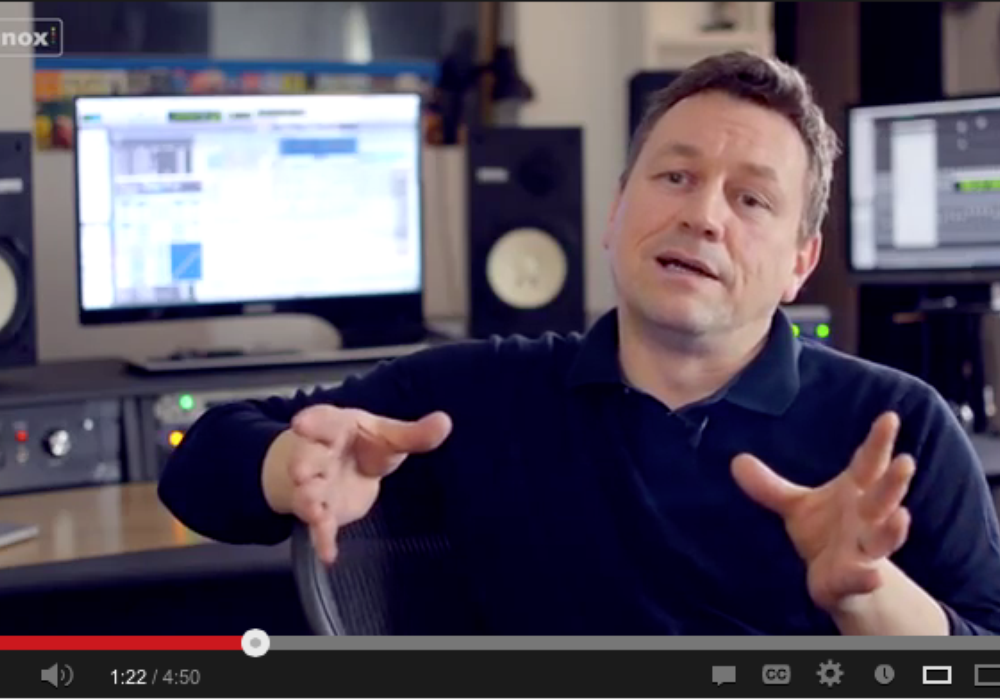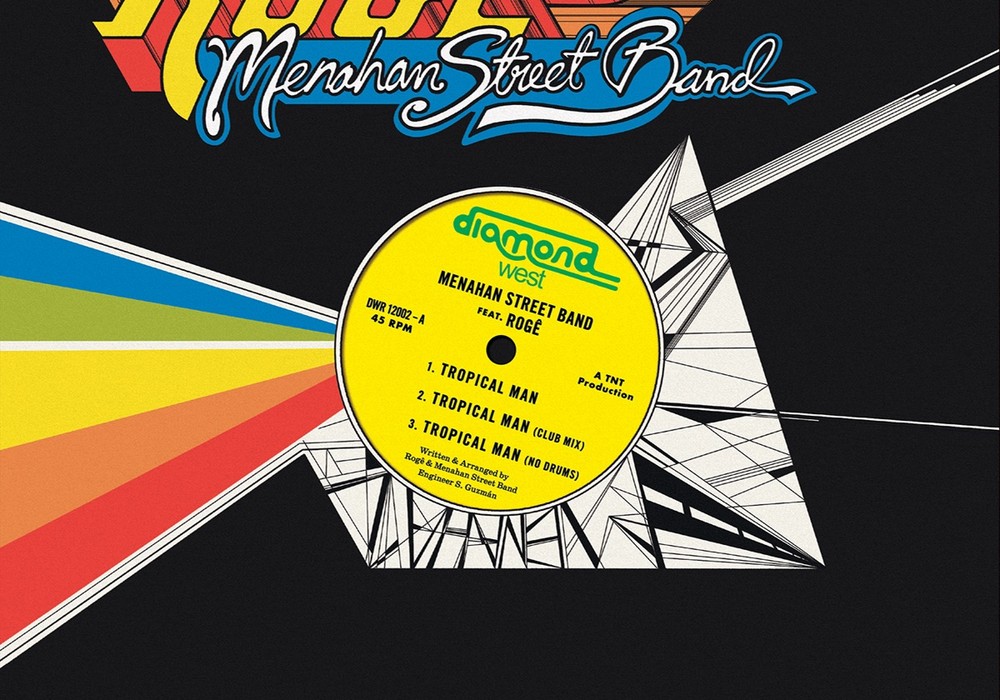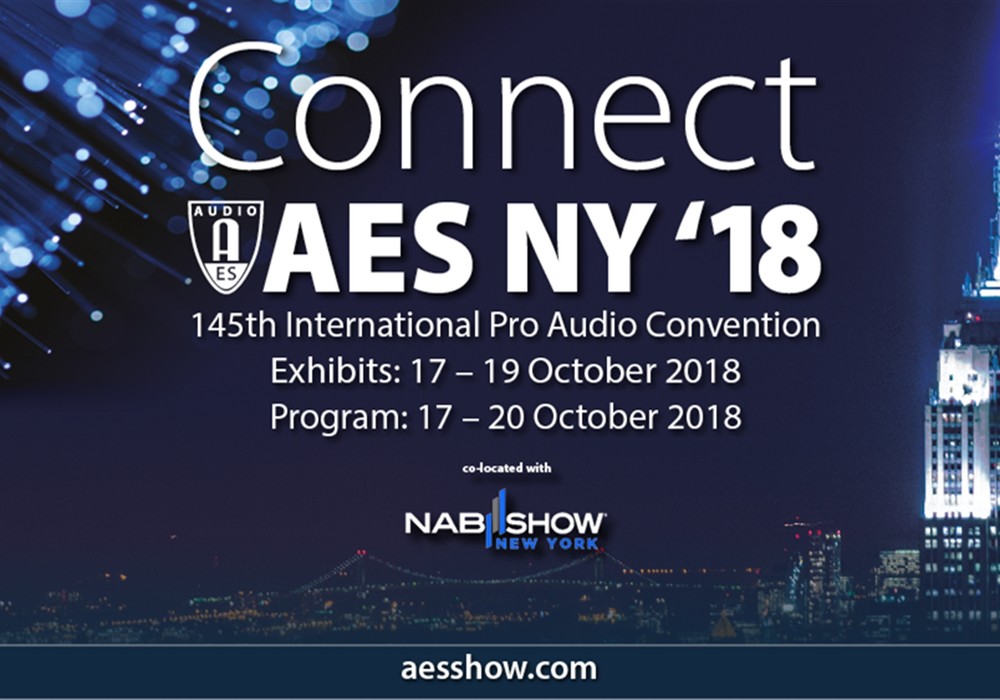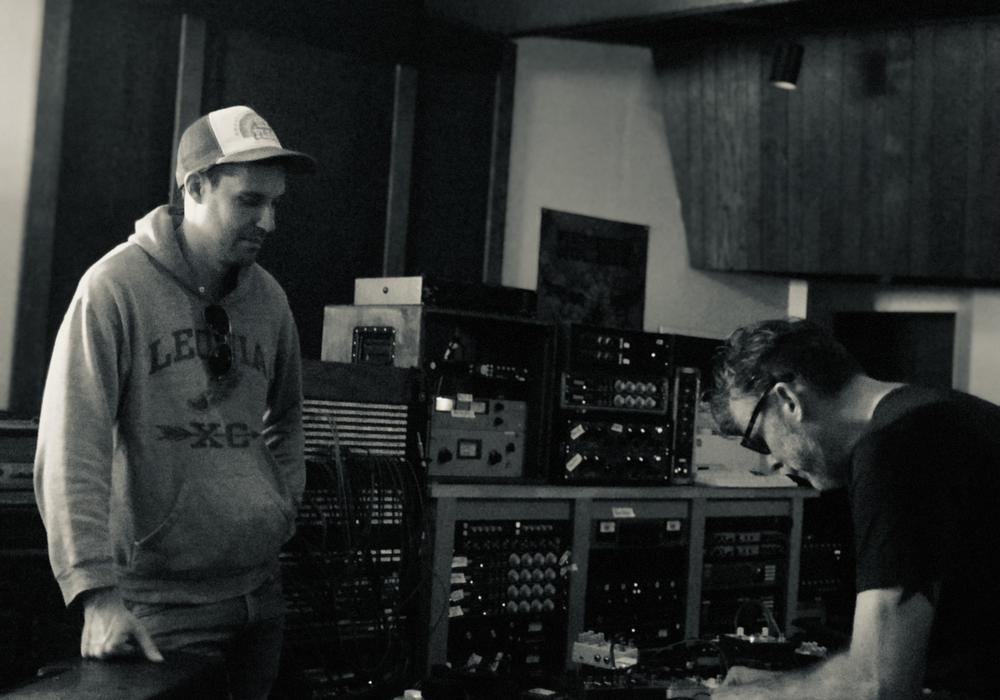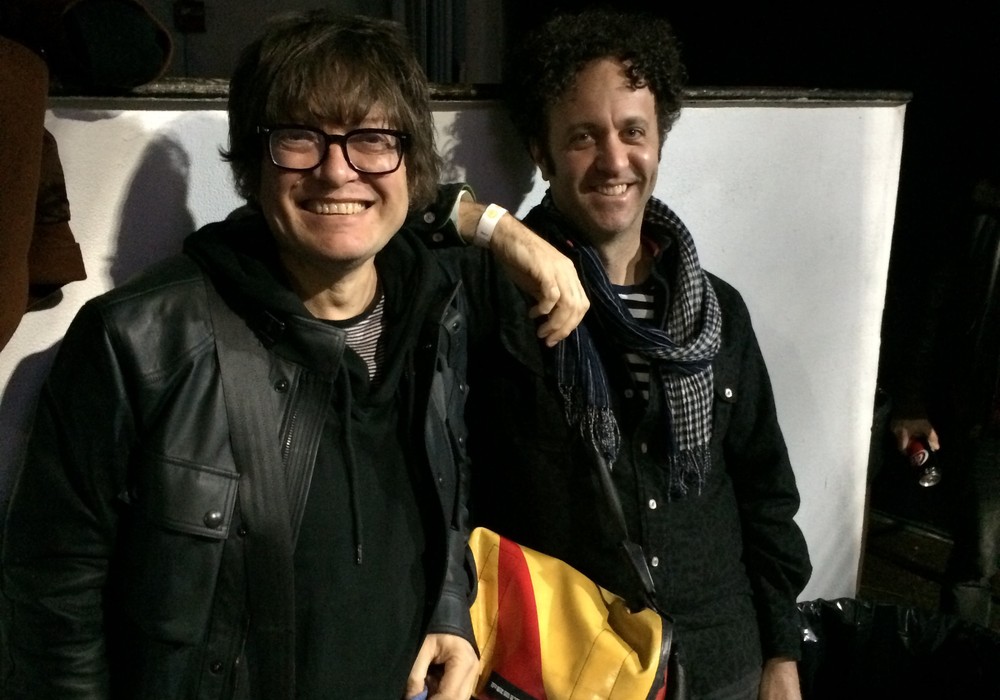head-fi: n, audiophile-grade headphone systems.
portable: adj, able to be easily carried.
The record industry is about twenty-five years into a massive devaluation of its products. This devaluation is not due to some invisible calculus the way, say, corn loses value. It’s simpler and far more frightening than that. The devaluation of recorded music has happened in the hearts and minds of the end consumer. Listeners don’t believe recorded music has value, and listeners are willing to steal and/or pay next to nothing for it.
Why don’t listeners value recorded music any more?
For years that question has had the entire record industry scrambling for explanations. We blame everything from Napster to streaming services to crappy music to the apparent lack of inventive subcultures to the disappearance of free time from our lives to the economy. There are so many explanations; most of them are somewhat valid; all of them are incomplete. While it seems logical to try to figure out what happened, I think the more important thing is to focus squarely on the future and simply ask:
How do we get listeners to value records again?
My answer is nearly as simple as the question: We need to make the experience of listening to records move people so deeply that listening itself is inherently valuable to listeners again.
We talk so much about the value of the records, the copyrights, the masters, the physical objects, the streams, the files, but we forget that what a listener is going to value is the experience of listening. Just as a surfer values the surfing, a reader values reading, and a gardner values gardening, it’s not the surfboard, the book or the flower that matters most to the end user; it’s their experience engaging with these objects. It’s a subtle distinction between object and experience of an object, but it’s an important one. And if that experience is powerful enough, people will value it.
What makes for moving listening experience is an endlessly complex question. Mood, memories, associations, culture, specific context - all of these impact a listening experience, and we can’t really control any of that. However, with all that acknowledged, a recording has a far greater chance of moving a listener emotionally if the sound quality during that experience is great and truly delivers what the artist wanted the listener to hear. And if the experience is moving, listeners will find the inherent value there and be willing to pay for that experience. Without great sound quality, I don’t think we’ve got a chance of bringing the value back to this industry. If listening to records is not a powerful and moving experience, who would pay for it?
You might have access to every single recording ever made, but if listening to them doesn’t blow your mind, where the’s value in those recordings?
Here’s an important conundrum. A lot of people who think they have heard great sound actually haven’t. I’m not talking about the 10-year-old whose parents finally bought her an iPod with blown-out Disney soundtracks on it. I’m talking about music aficionados well into their 30s who missed the hi-fidelity of the 70s and 80s and who slowly slid down the steady decline in listening quality over the past twenty years from CDs on boom boxes to MP3 players to cell-phones and (dammit Steve Jobs!) earbuds. Perhaps they’ve spent a couple hundred dollars on decent headphones by now, but they’re still rocking compressed files on cell-phones whose DAC and headphone amp are incapable of delivering a great listening experience. Or, perhaps they’re streaming 128kps Ogg files over Spotify to a bluetooth speaker, yet another delivery system utterly incapable of stopping anyone in their tracks with great sonics. Mediocre sound quality is the norm, and even relatively affluent, avid music fans think that’s just how records sound - mediocre.
But, there’s good news. With the advent of portable head-fi, it’s now exceptionally easy for people to hear incredibly great sound.
I recently got an Astell&Kern hi-res digital player and a pair of Focal Spirit Pro headphones (which Larry Crane reviewed here). On the Astell&Kern player was a collection of albums at 192k, 96k, 88.2k and the stunning DSD format - everything from Pink Floyd to Bach to Beck to Michael Jackson and a whole lot more music transferred beautifully to these hi-res formats from original masters. The individual provenance of each recording is hard to find (a topic worthy of its own discussion), but these files are nothing like what I’ve heard before from albums I’ve known my whole life. And the Astell&Kern player is a very sophisticated machine that incorporates great converters, great analog stages, adequate power and a great headphone amp (you can read all about it’s components and specs here).
And so I’ve started asking people to listen to this little rig. I’ve taken it to bars, out in the woods, to a BBQ, on a drive, down to a riverside park, over to a friend’s house and straight to bed where my partner has been doing some deep listening. People are blown away. They close their eyes, their mouths open up that little bit, their body language changes, and to my delight more than a couple of them have been brought to tears. I’ve rarely seen listeners brought to tears other than at live shows and in the studio when a record is sounding really amazing on the monitors. Now I can carry that experience around in my pocket.
Some people will be quick to point out that the system I’m carrying around with me has a retail value of over $1600. And when you add the music on top, it’s more like $3000 or $4000, probably more. The common assumption these days is that “average people” wont pay that much for music, and so this whole hi-res head-fi thing is clearly not the solution we’re after.
Listeners paying a lot of money for recorded music is not the solution?
That’s exactly what the streaming services would have you believe. “Music needs to be like water,” says Spotify’s leader Daniel Ek. Or, like corn? Look, I love a tall refreshing glass of water, but don’t tell me that this planet’s most abundant substance is in some way similar to the human artistic and technological achievement known as a great sounding record that can bring listeners to tears. Valuing recordings the same way we value something that falls out of the sky on a regular basis is not going to help this industry. We need to stop being so shocked by the notion that hearing a great record sound great might cost someone a decent amount of cash.
I am well aware that streaming is likely to become the dominant distribution model (until it is supplanted by the next thing). I also assume that - barring some infrastructure collapse - the internet will get faster and the sound of streaming is going to get better and eventually be capable of delivering the quality of today’s file-based portable head-fi systems. Eventually.
But what are we to do in the mean time? Let another generation of people never experience truly moving listening experiences? Let another generation believe that records should hold a value hovering somewhere near $0.00?
If we let that happen the record industry is going to continue to devolve into unsustainable chaos. We need to find a way to deliver listening experiences that will bring people to tears and - as unpopular as this point of view is - we need to be charging good money for it.
Right now we’re delegating the responsibility of moving people and charging them for it to live performance. It’s no coincidence that we’re expecting people to pay exorbitant prices for concert tickets and expecting artists to rely on live-show revenues for their income, because the live show experience has just gotten better and better as listening to records has gotten worse and worse. We’ve simply shifted the value of deeply moving experiences from records to concerts. But now amazing listening experiences delivered on portable head-fi systems can bring that level of emotional engagement and intimacy to listeners for not that much more than the cost of a few high-end concerts tickets.
And it’s already starting to happen. People are spending a lot of money on headphones these days. Just google “headphone sales 2013” and you’ll see a pretty exciting market place claiming over $2-billion in sales in 2013, and the largest growth area in that market has been in high-end headphones. I’ve argued that headphones are a gateway drug to deep listening addiction, but I’m not expecting people to make the leap and become traditional audiophiles with big home systems and bizarre superstitions; I expect young listeners to become head-fi junkies and stay there.
And once you hear truly great head-fi, you’ll probably realize why I’m so excited about it, both as someone who cares about the health of the recording industry, as someone who makes records and as a listener.
As we sail forward at the lightening pace of modern technology’s progress, we can expect to see head-fi equipment start to come down in price. PONO is already offering their 192k-capable player for $400, and we’re already seeing the quality of headphones starting to go up at reasonable price points - all of this while people grow more aware that there might be better listening experiences to discover. And now brick-and-mortar headphone shops are cropping up all over the country, helping show people directly what different head-fi systems can do, what they’ll get for their money, and why it’s worth it.
Who could have imagined brick-and-mortar headphone shops even three years ago?
I’ve heard the critique of the headphone industry: much of headphones sales have been kind of crappy overpriced cans that aren’t exactly blowing anyone’s minds sonically. They’re fashion statements with wires. But there’s two very important things happening here: 1) people are paying a lot for headphones; 2) people are being taught to spend money on improving their listening experiences; and 3) people are blocking out background noise with closed back phones and ear buds, setting the stage for amazingly focused listening experiences. Pooh-pooh the cans-du-jour all you like, but they’ve helped get people exactly where we want them: right between a pair of drivers with minimal background noise, ready to be brought to tears.
That’s where we professional record makers come in. Of all people in this industry, we should be doing all we can to make sure that the records we’re making are getting onto portable head-fi systems with the best sound possible. We can become advocates for portable head-fi. And we need to become sensitive to future-proofing our masters for these formats: we need to start working at higher sampling rates and with converters that sound good at higher sampling rates; we need to be getting between headphones more and more as we work to make sure we’re delivering for the actual playback systems most people will be listening on in the future.
I’ve even started to question the validity of my mixing on traditional monitors. Is it possible that we’re exiting the era in which we can expect people to sit in the sweet spot between two speakers? Have we already left that paradigm behind? Wouldn’t it make more sense to prepare our masters specifically for headphones and earbuds? Do our mixes made for speakers really play all that well on headphones? I’m grappling with these questions all the time.
I’m surprised more record makers aren’t more excited by the possibility of listeners hearing what we hear in the studio. I’ve transferred a few analog masters to 192k and to DSD and it’s stunning to hear a near replica on a great portable system. I actually can’t think of anything more gratifying as a mixer than knowing that the sound we achieved in the studio is now traveling the world more or less in tact with a good chance of moving listeners as much as it moved us as we made it.
The record industry can’t afford to let another generation miss out on deeply moving listening experiences. If we do, we’re only going to be sustaining the culture in which records are massively devalued by listeners and that’s only going to continue to drag us further into chaos and crisis. Let’s work together to bring more people to tears; only good things can come from it.
The Aesthetic Revolution Will Be Beautiful
Allen F.
Allen Farmelo is a producer/engineer (www.farmelorecording.com) and founder of Butterscotch Records (www.butterscotchrecords.net).
